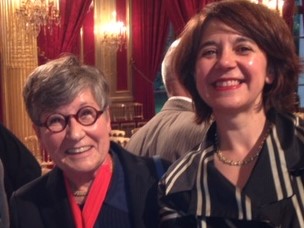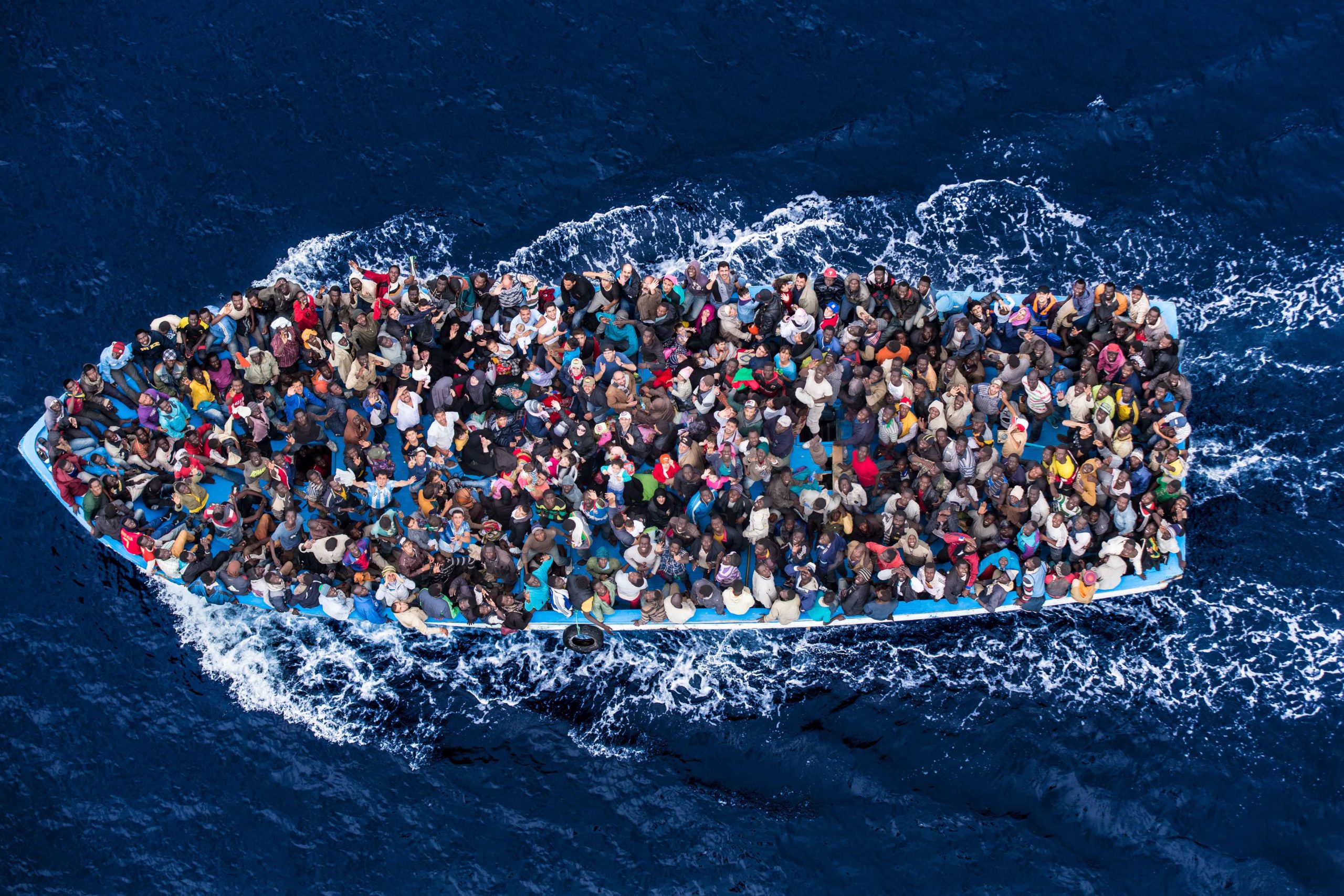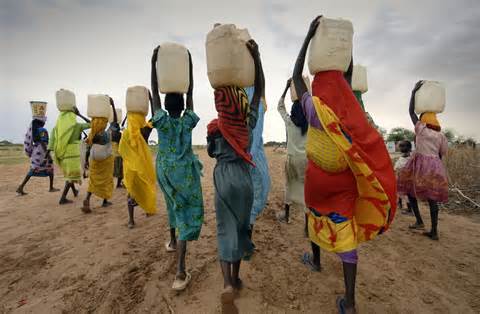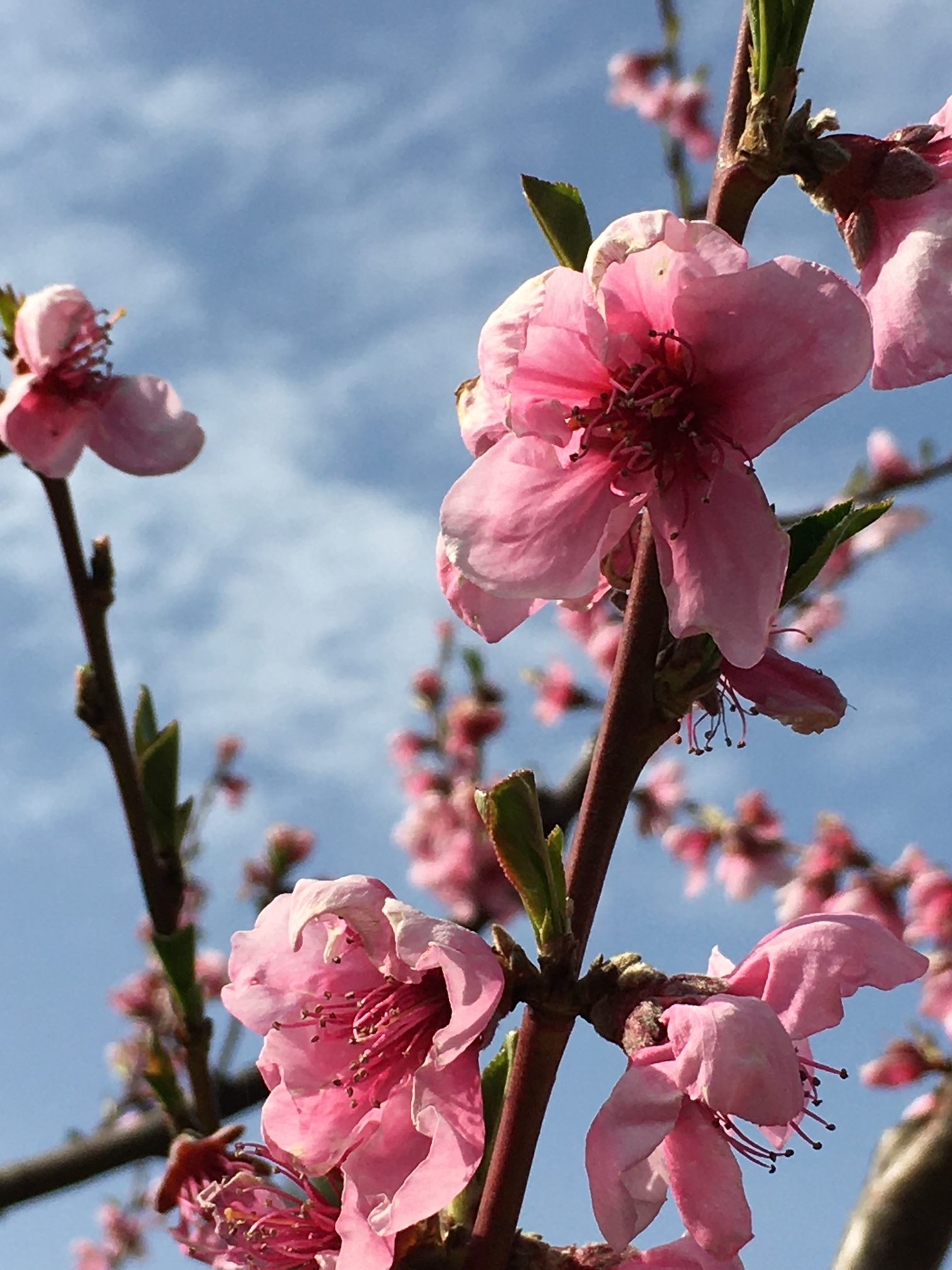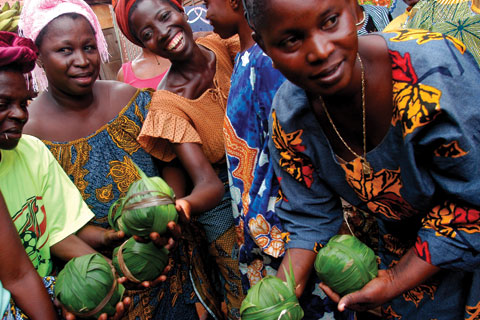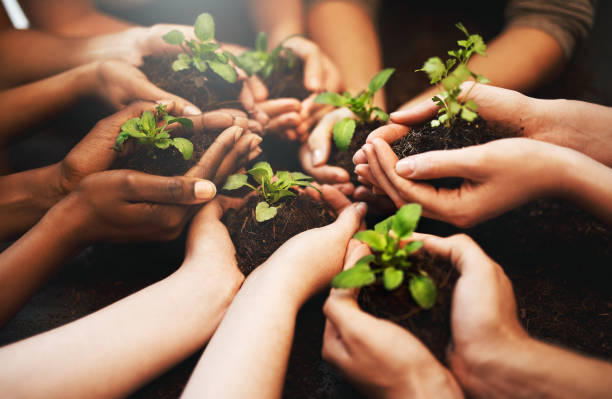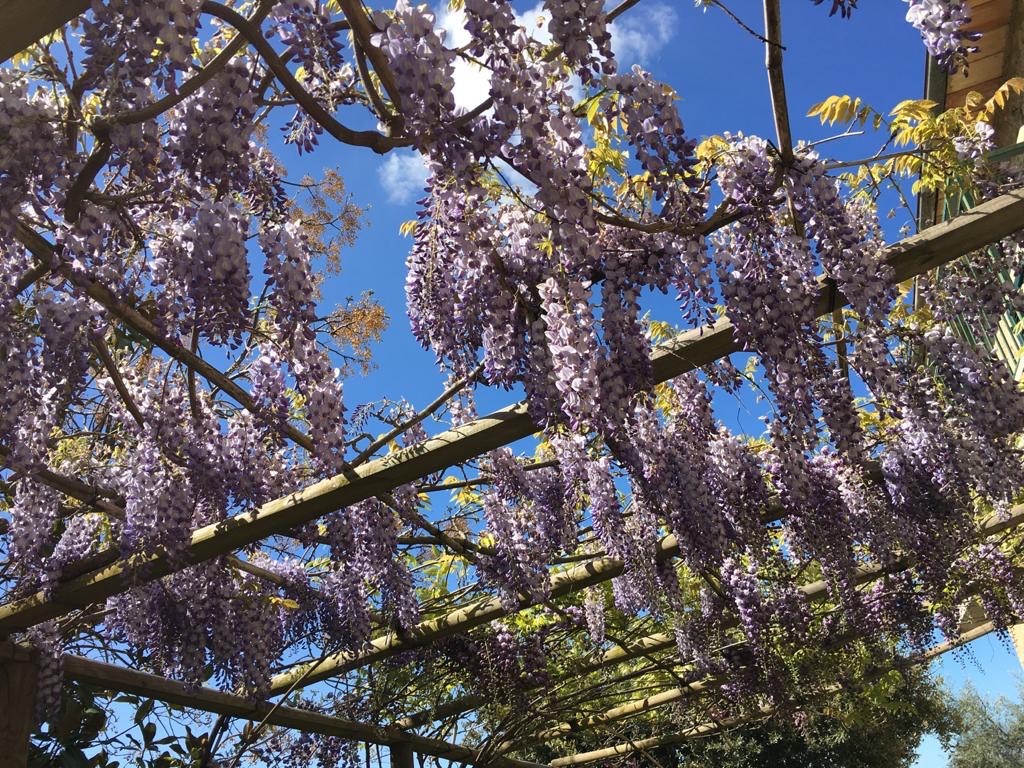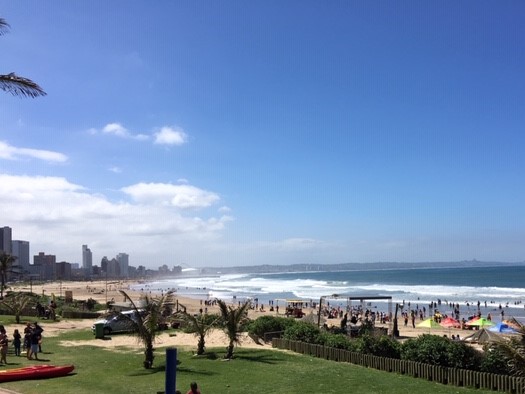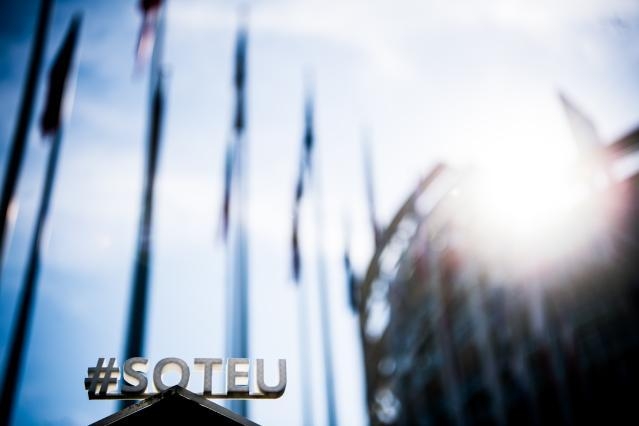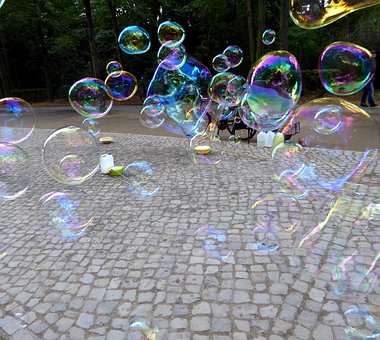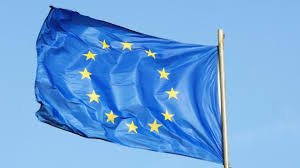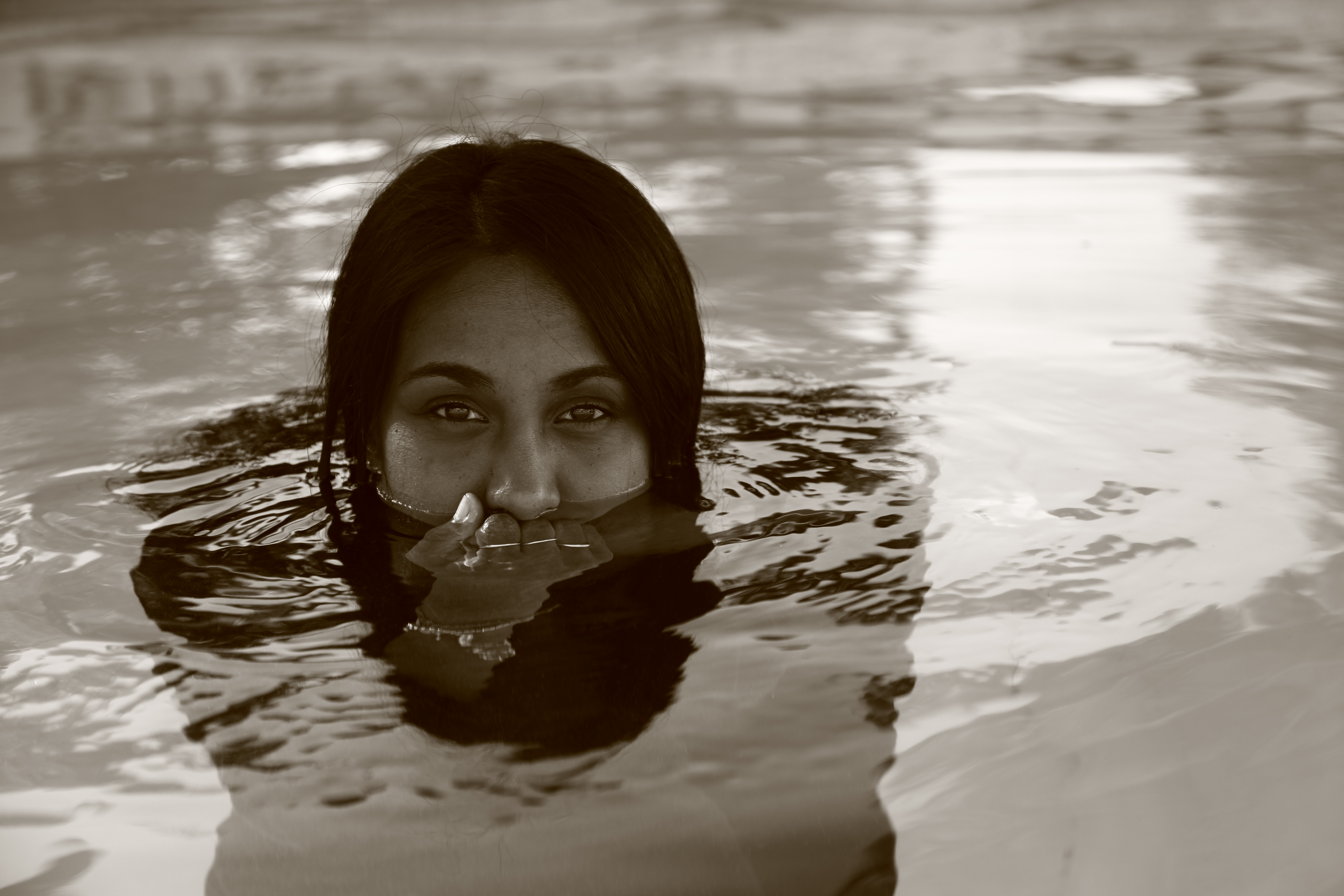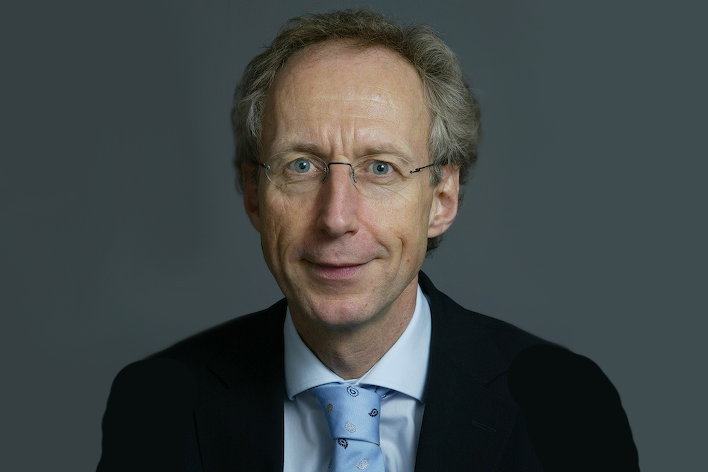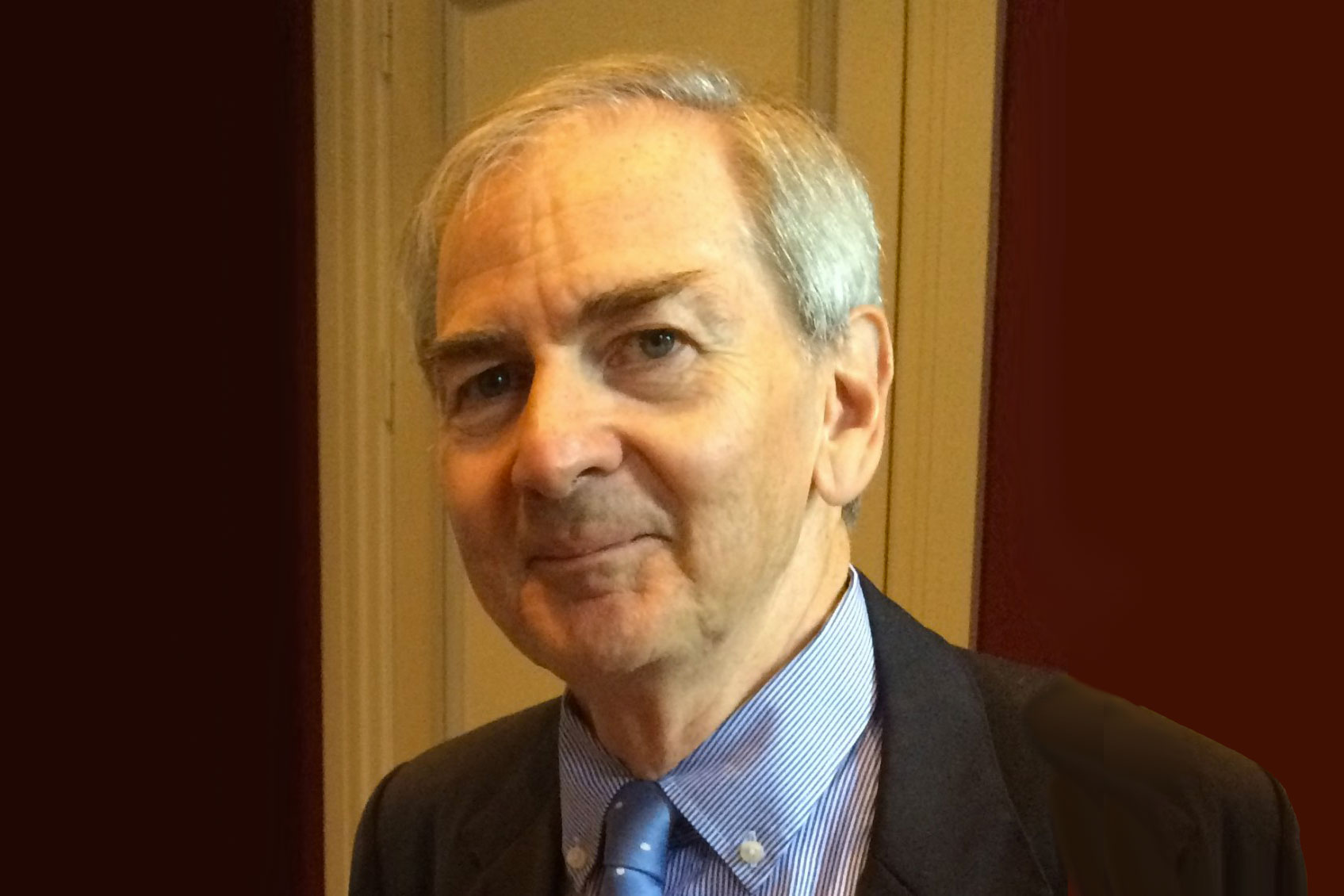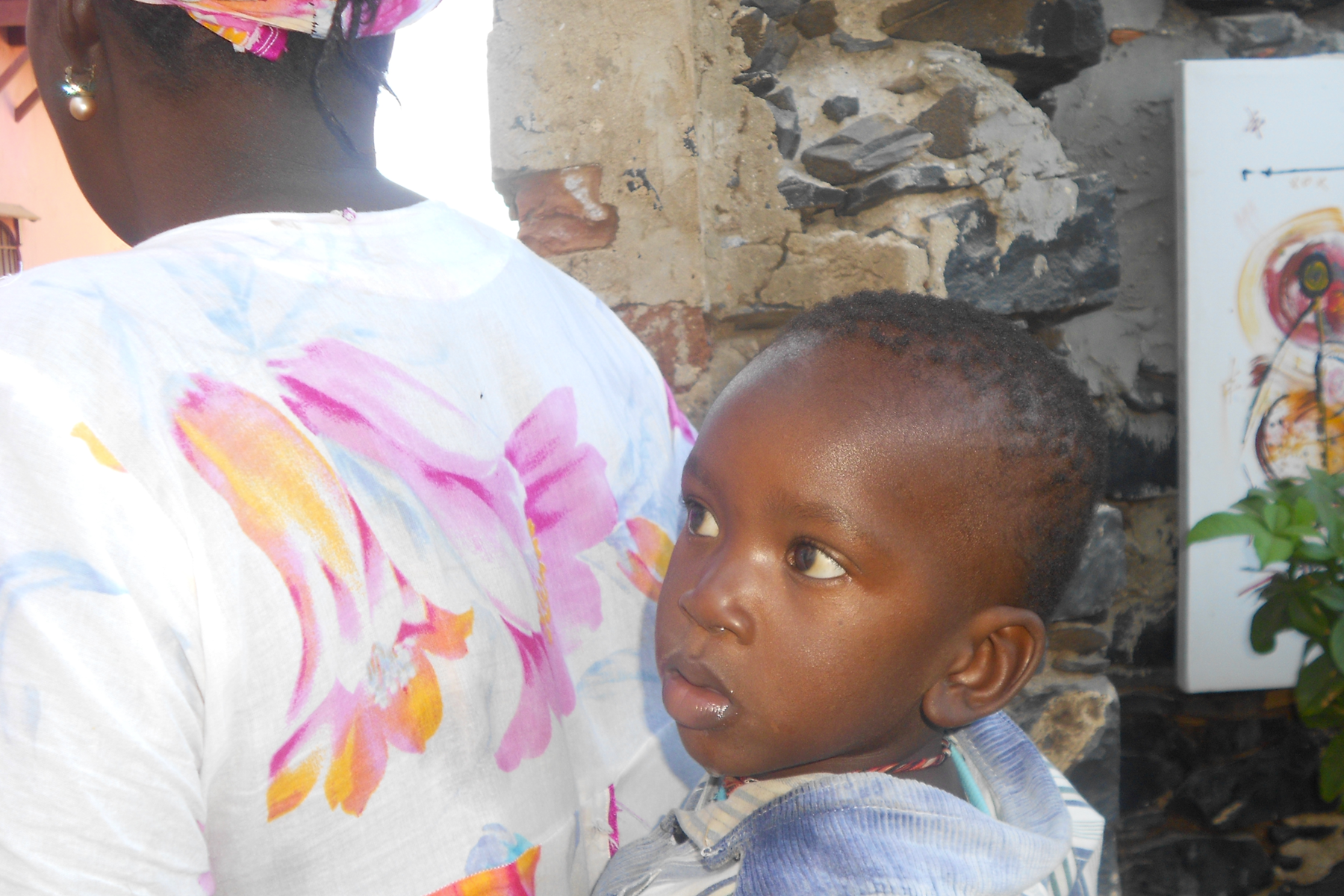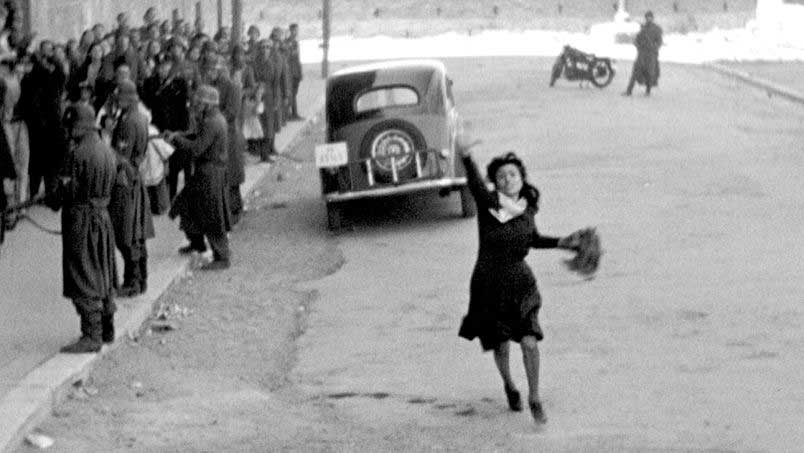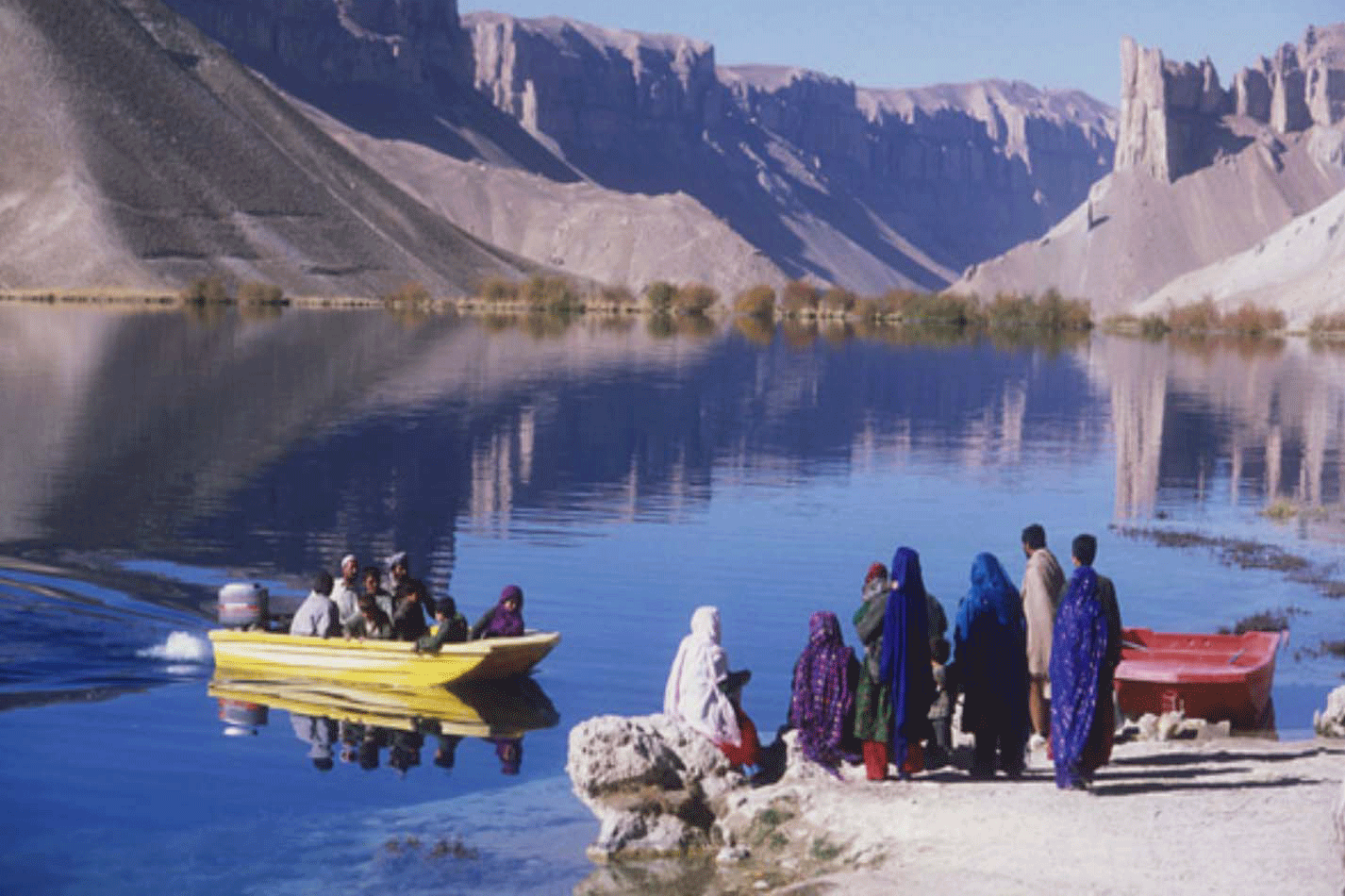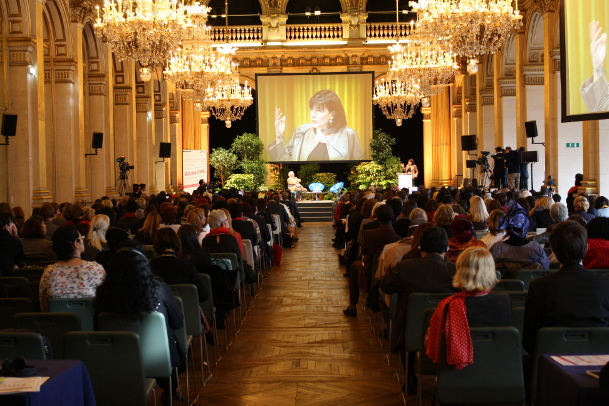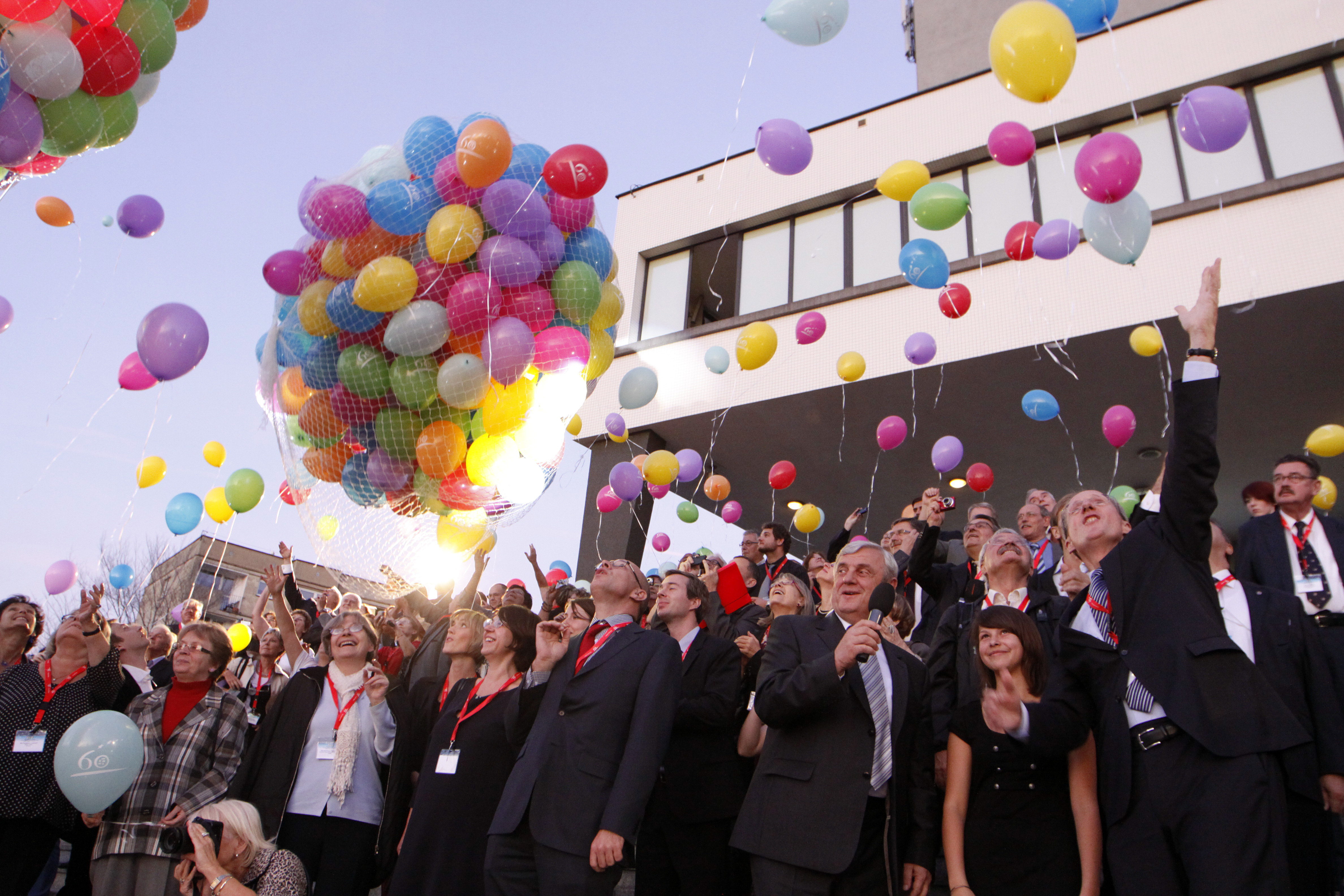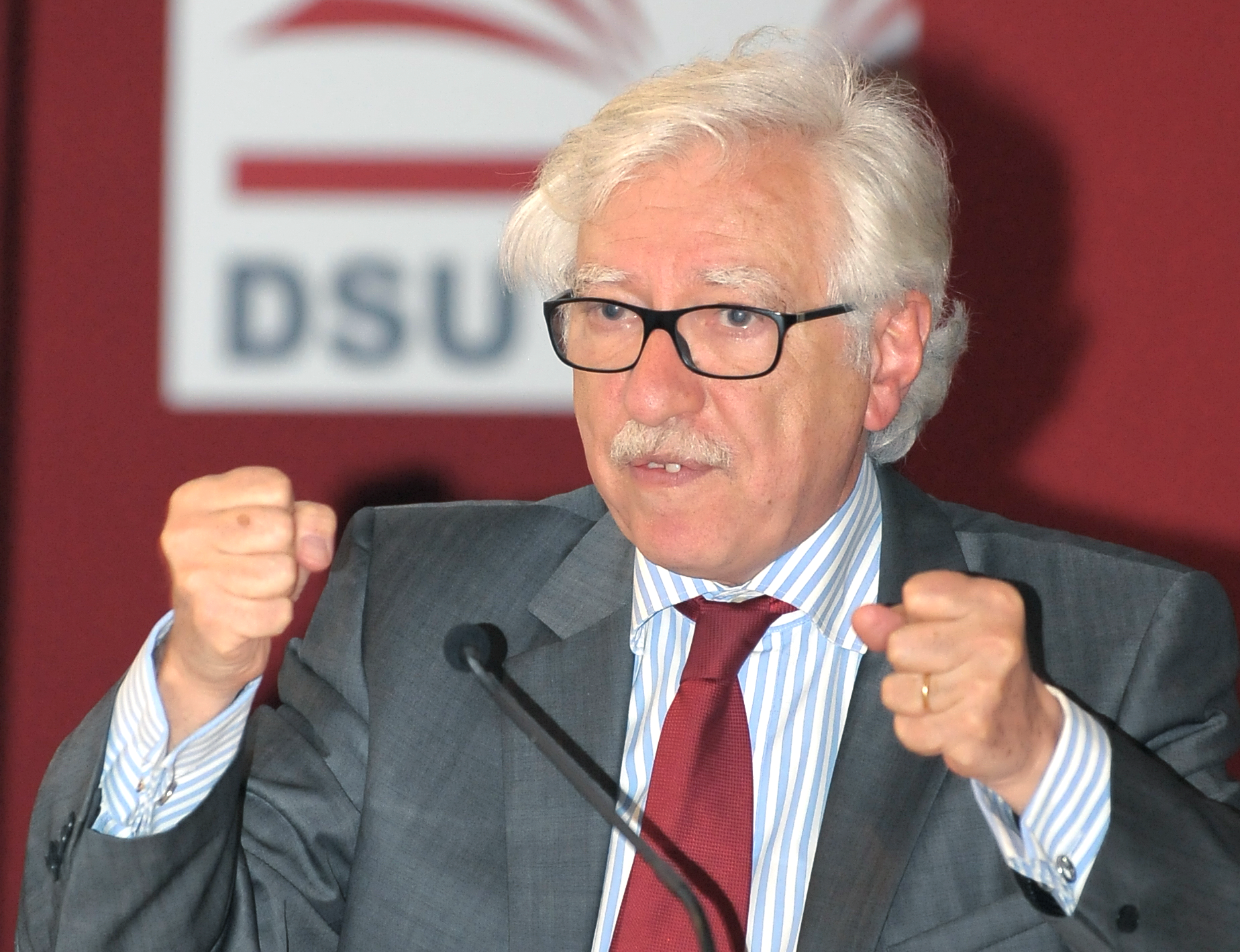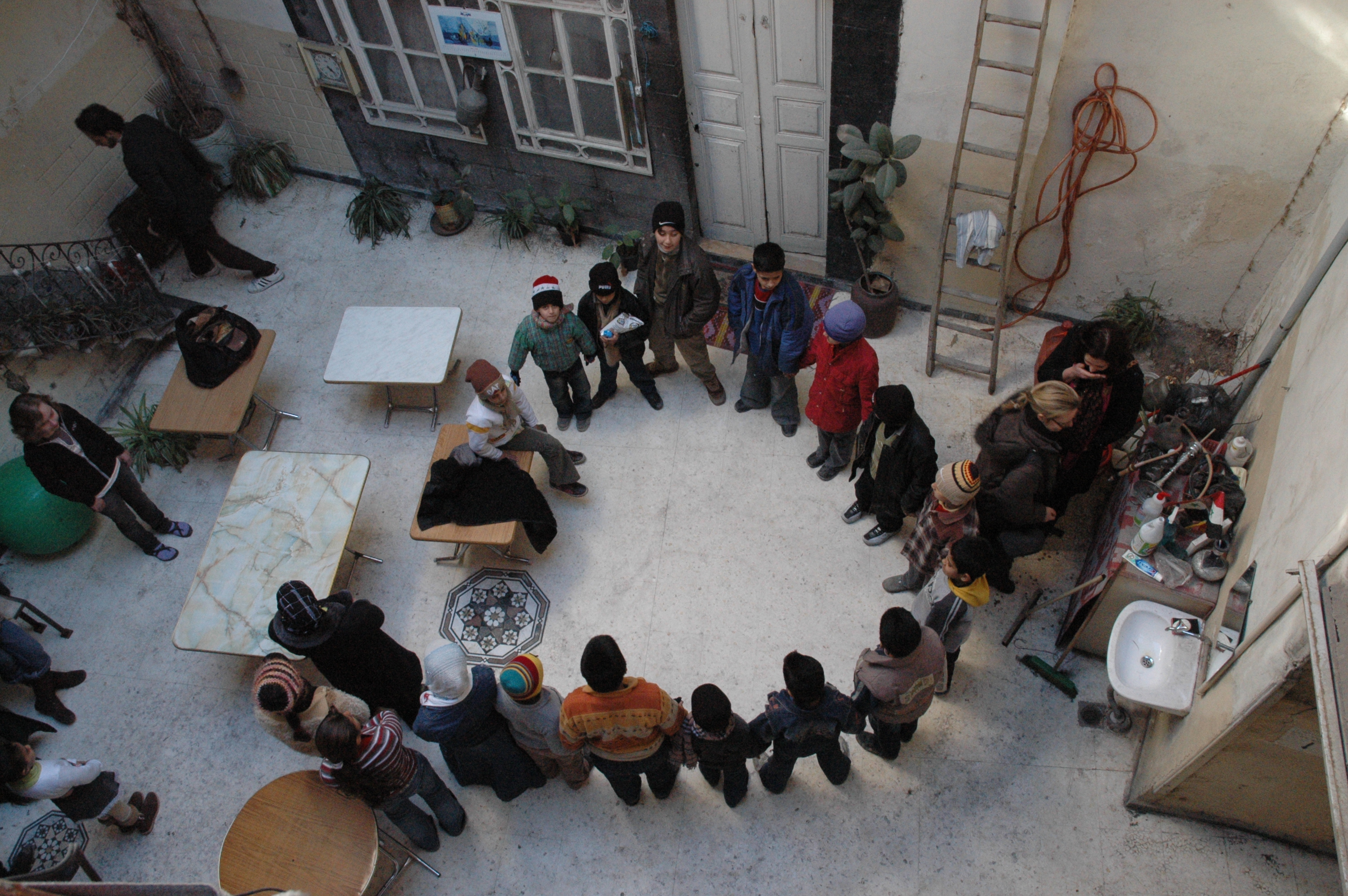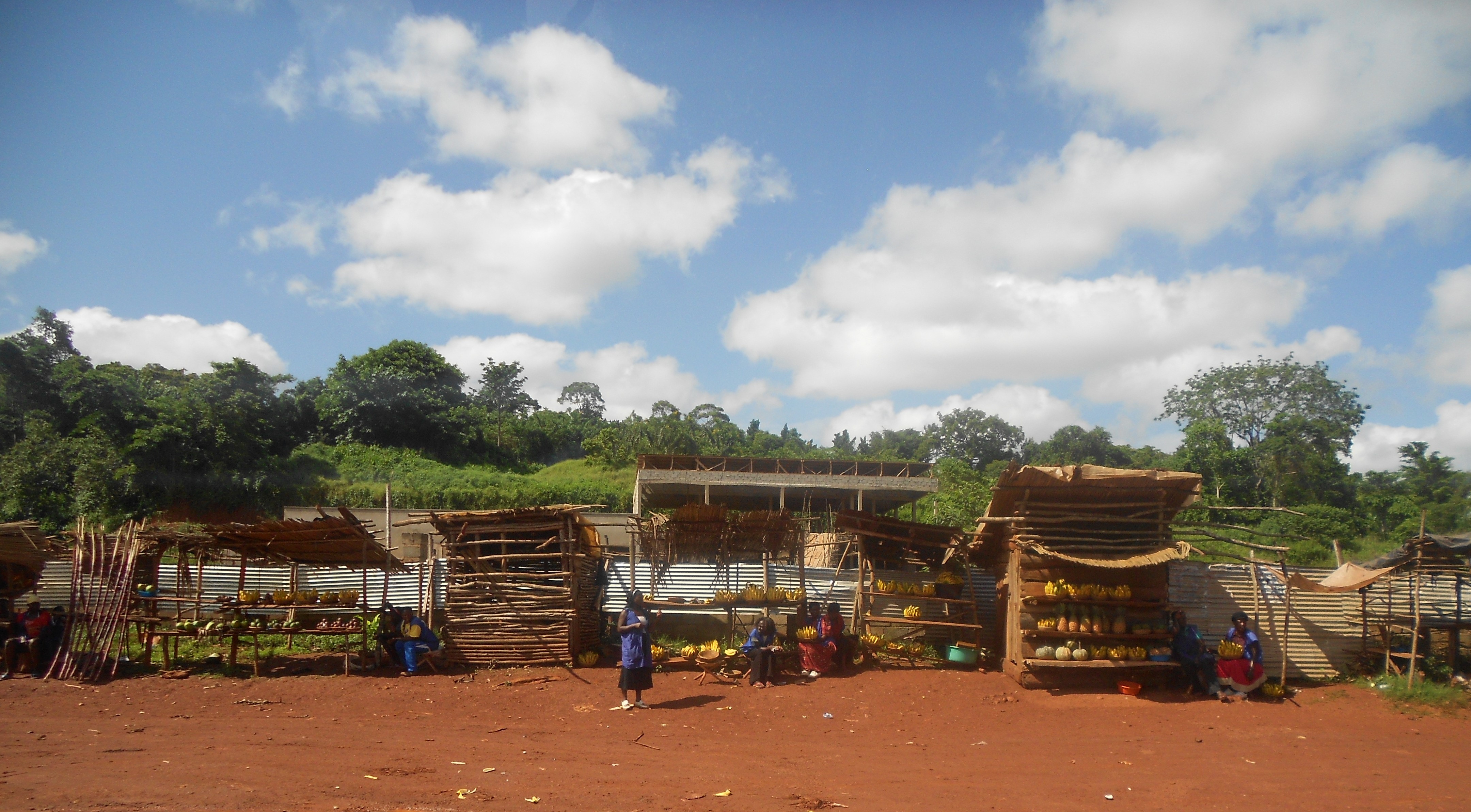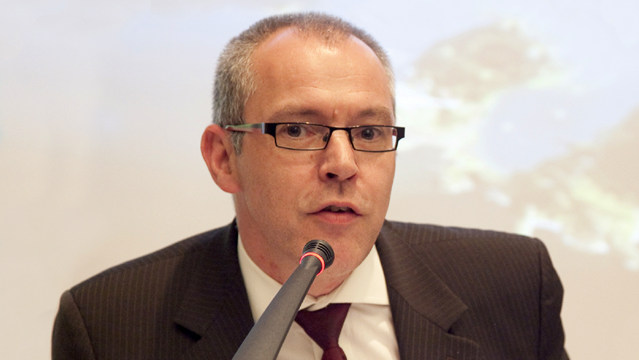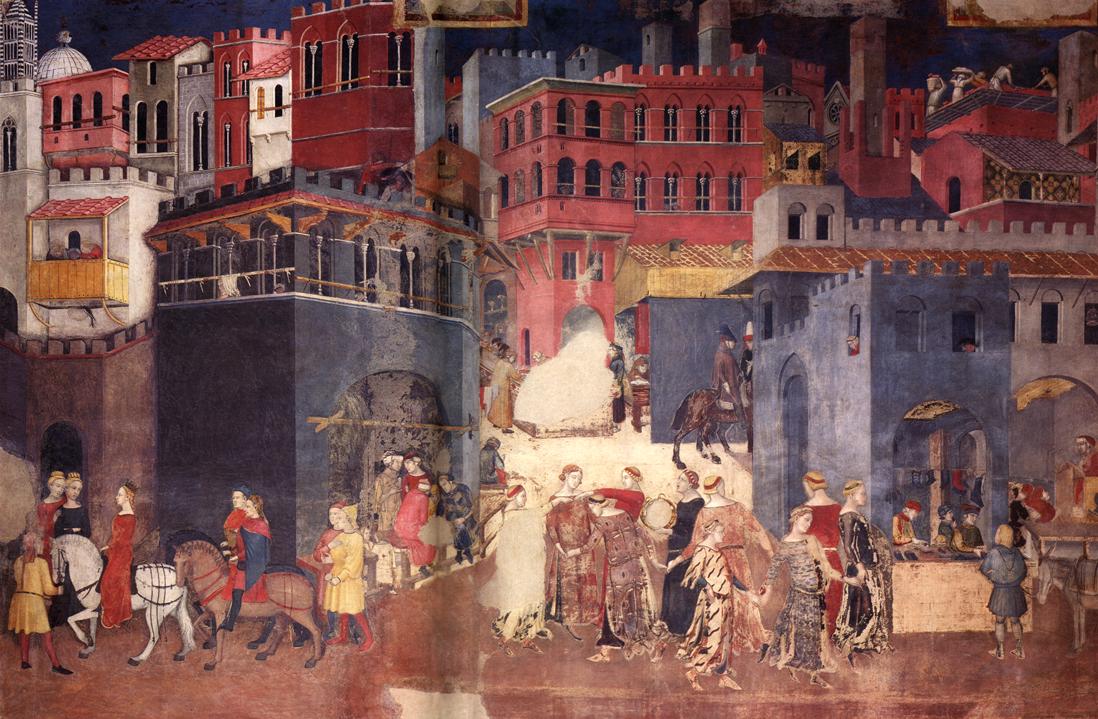The Work of Political Foundations in the Area of Gender Equality and Women’s Political Participation

The role of political parties in the promotion and support of equality of women and men, in particular for women access to power, is huge.
The role of political parties in the promotion and support of equality of women and men, in particular for women access to power, is huge.
It was with great interest that I wrote the “compilation of good practices for gender equality” published by the European Network of Political Foundations (ENoP) in the framework of the project ‘Strengthening ENoP as Actor in Support of Democratic and Pluralist Societies’, co-financed by the department for International Partnerships (DG INTPA) of the European Commission.
The publication is meant to report on project activities that ENoP members and/or local partners (political foundations, think tanks, political parties or civil society organisations) have implemented with the final aim of supporting women’s position in society.
The 2023 edition of the Women in Politics published by the Inter-Parliamentary Union (IPU) and UN Women, shows that although more women than ever hold political decision-making positions globally, gender parity is far from being achieved. When gender parity has improved, the report stresses that legislative quotas were a decisive factor. Political party quotas are one of the types of gender quotas used in politics. The two other types of gender quotas are: i) reserved seats (constitutional and/or legislative quotas), ii) legislated candidate quotas (constitutional and/or legislative).
Although the data concerning women’s participation in politics at national or local level may indicate that equal participation of women and men is not a guarantee for democracy, women’s participation is an indispensable condition for democracy, because women account for over half the population of our society. When the majority of a society does not have full political rights, then this society cannot be considered democratic.
Political foundations play a crucial role in the process of building a democratic society by promoting political pluralism, the protection of human rights and the rule of law, and they are one of the most important types of democratic defenders globally. By definition, they cannot ignore gender equality.
Thanks to their work around Europe and the rest of the world, political foundations provide platforms for political education, capacity building, policy-making, international development, foreign aid and mediated political dialogues.
The compilation has been written with the following considerations in mind: i) illustrating how the project activities of political foundations impact societies and contribute to the improvement of gender equality, the protection of women’s rights, and the political participation and engagement of women; ii). Indicating the possible strengths and weaknesses of current projects and actions that address the aforementioned issues; iii). Identifying possible room for improvement in existing projects and actions; iv) Providing recommendations for the European institutions and other relevant stakeholders on how to support political foundations and improve their collaborative work.
In the publication I have reported a wide perspective of projects which are carried out by members of ENoP on gender equality in various countries; they are only a few of the many projects implemented by numerous international organisations and political foundations. The perspective which has been used is logically linked to the objectives and nature of ENoP’s members – who are political foundations – and thus to the pivotal role that political parties can play in women’s empowerment.
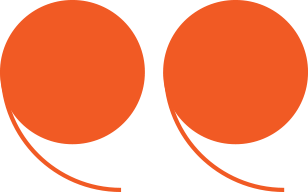
The compilation aims at being a concrete advocacy tool for ENoP members in favour of women’s empowerment and thus in influencing EU policies and programmes in this direction.
Capacity building, networking and raising awareness are just some of the different working methods selected to help women’s empowerment. However, in writing this publication we have realised that these methods cannot be split; they can be combined, interconnected and mixed according to the environment, the means available and the final aim. There is not a model to follow. There are different models to liaise and consider in a holistic way, taking into account the final aim of gender equality and women’s participation in politics, and considering the specificity of each model, its implementation possibilities and actions to be put in place.
The compilation was designed to be an inspiration for ENOP future work and not just a demonstration of the activities conducted by political foundations and organisations in different parts of the world. In addition to the best practices, some suggestions, problems to avoid and strong points to follow in the choice of activities to put in place have also been outlined. Recommendations were also made for ENoP’s future action in the inner activities of the network and in the action towards the EU.
The 2022 UN Progress Report on the Sustainable Development Goals armed that the world is not on track to achieve gender equality by 2030 and at the current rate of progress it may take another 286 years to remove discriminatory laws and close prevailing gaps in legal protection for women and girls.
In my conclusions I stressed how important it is to reinforce advocacy action towards the European institutions and in EU’s development policy in order to contribute to the realisation of goal 5 of the UN Agenda 2030 which states that women and men must have the same rights.
Writing this compilation was for me not only a great opportunity to identify concrete actions lead in different countries to support women participation in decision- making but also a small contribution to continue my work for gender equality within the EU and thus bring a stone on the way towards 2030. I wish to thank ENOP for having given me this chance and Jasmina Mrso for her help and trust during this rich collaboration.
ENOP: www.enop.eu;




 All news
All news
